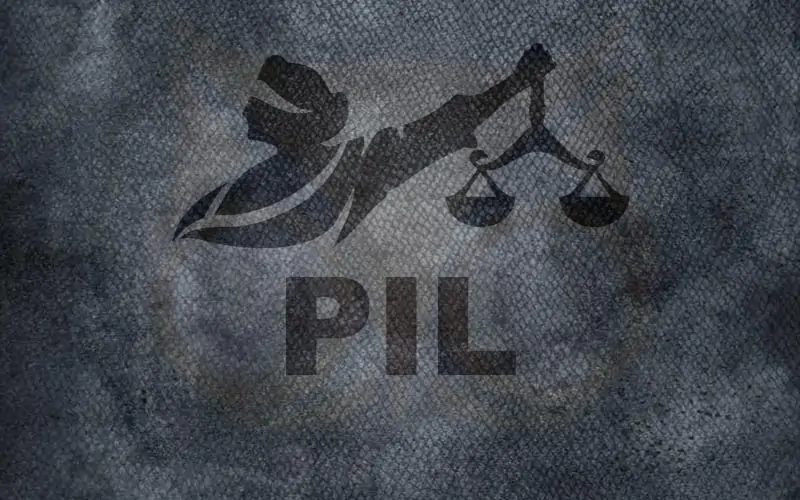Define Organization and discuss its Typologies.
Organization is an integral and an important part of human life. It refers to a mechanism which enables men to live together. In a static sense, it is a structure manned by group of individuals who are working together towards a common goal.
It is the skeleton framework of an enterprise, just like the architectural plan of a building, designed to achieve its common goal. In a dynamic sense, organization is a process of determining, arranging, grouping and assigning the activities to be performed for the attainment of objectives.
According to Louise A. Allen, “Organization is the process of identifying and grouping the work to be performed, defining and delegating responsibility and authority and establishing relationship for the purpose of enabling people to work most effectively together in accomplishing objectives.”
According to Chester Barnard, “Organization is a system of consciously coordinated activities or forces of two or more persons.” Mooney and Reiley considered “organization is the form of every human association for the attainment of a common purpose.”
From these definitions we are clear that organization is the rational coordination of the activities of a number of people for the achievement of some common purpose or goal, through division of labor and function and through a hierarchy of authority and responsibility.
Typologies of Organization:
On the basis of functions, purpose, primary beneficiary, compliance and-authority different scholars have classified organization into four categories.
These are:
- Typologies on the basis of functions or purpose
- Typologies on the basis of primary beneficiary
- Typologies on the basis of compliance
- Typologies on the basis of authority.
Typologies on the basis of Functions or Purpose:
Talcott Parsons has classified organisation into four types on the basis of their functions or goal.
These are:
Political Organisation: Political organisation are those organisations which are concerned with attainment of political goals. Legislature and government departments are examples of such organisation.. These organisations provide peace and stability in the society.
Economic Organisation: There are various economic organisations in the world. Economic organisations produce goods and make things for economic purposes which are consumed by the society.
Integrative Organisation: Police, judicial counts and social agencies are examples of this integrative organisations. Therefore, these are provided peace and stability in the society by avoiding conflict.
Pattern Maintenance Organisation: These organisations are concerned with the societal continuity through the educational, cultural and religions institutions.
Further Katz and Kahn classified organisation into four types, on the basis of its functions:
Managerial Organisation: Managerial organisation is concerned with coordination, adjudication and control of resources, people and subsystem.
Productive Organisation: Productive organisations stress on the creation of wealth. These are concerned with the .manufacture of goods and provide essential services to the people.
Maintenance Organisation: Schools, church, health and welfare institutions come under these organisations, as they are provided scope and space to the people for their roles in the organisation.
Adaptive Organisation: Universities and research institution are examples of this organisation. It provide opportunities for creation of knowledge, testing and development of theories.
Typologies on the basis of Primary Beneficiary:
On the basis of consumer beneficiary Blau and Scott Classified organisation into four types such as:
Business Organisation: In the business organisation owners of properties are the prime beneficiaries as they are concerned about the returns on investment in the organisation than the nature of output of the organisation.
Service Organisation: Hospitals and educational institutions are the example of these organisations. Here the clients who are served in this field .are the prime beneficiaries.
Commonwealth Organisation: Post-office, police service, military service etc. come under the commonwealth organisation. They perform most of he protective services. Here public is its primary beneficiary.
Mutual Benefit Association: Political parties, trade unions, professional associations and religious bodies are example of these organisations.
Typologies on the Basis of Compliance:
Compliance refers to the manner in which the lower participants in an organisation respond to the authority system of the organisation Amitai Etzioni classified organisation on the basis of compliance. Here Etzioni identifies three types of power:
Coercive Power: Coercive power is based on the application or the threat of physical sanction.
Utilitarian Power: Utilitarian power is based on control over material resources. Here compliance takes utilitarian approach.
Normative Power: Normative power is based on the allocation of symbolic reward. Here the compliance is moral.
Typologies on the basis of Authority:
Max Weber identified three types of organisations on the basis of exercise of authority:
Traditional Authority: In the traditional authority the followers accept the authority of that person who occupies the traditionally sanctioned position of authority. Relative and feudal lords come under this authority.
Legal or Rational Authority: Here people obey orders of that authorized person who is based on rightness of law.
Charismatic Authority: In this type of organisation authority is based on the personal charisma of the leader or an exceptional.quality of the leader. Here there is no separate administrative cadre, not only a group of followers hold posts on the basis of their charismatic qualities.
Organisation is the essential part of human life. Without it, no one can be fully developed. Family is the primary unit of organisation, where men and women live and work together. From birth to death, in each step individual depend upon the various organisations. On the basis of its authority, compliance, consumer beneficiary, function or purpose, various organisations are created to achieve the goal of the individual. Attainment of individual goals is the Primary task of organisation.





